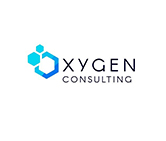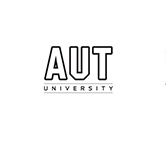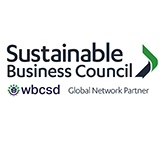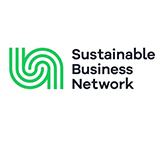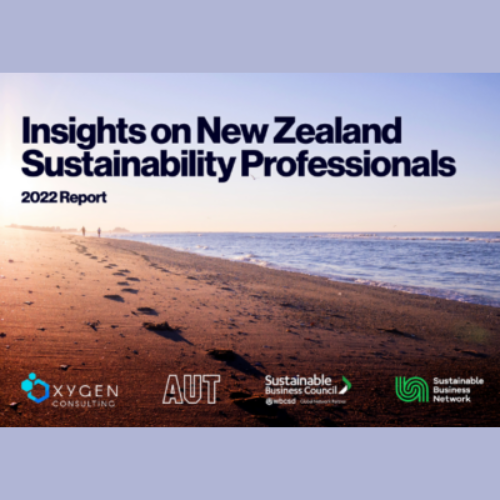2022 Insights on New Zealand Sustainability Professionals survey launches
Oxygen Consulting, in collaboration with Auckland University of Technology (AUT), the Sustainable Business Council (SBC), and Sustainable Business Network (SBN), have launched their third annual survey on the sustainability profession and are inviting eligible participants to take part.
In its third year, the 2022 research investigates the supply and demand challenges facing the profession and organisational readiness to meet the growing need for sustainability.
This theme is explored through four key areas:
- Sustainability resourcing
- Leadership and governance support structures
- Sustainability career pathways and development
- Wellbeing and support of sustainability professionals
Sarah Holden, Director of Oxygen Consulting, observes that this year’s theme reflects a maturing of the industry and of the research. “The first two years of our research provided a foundational knowledge base on the sustainability profession in New Zealand, including the pathways to employment, remuneration and role structure, the skills and competencies organisations are looking for, and the wellbeing of sustainability professionals. We are really keen to build on this by exploring some of the emerging trends we are seeing in our sector and across the labour market broadly. Anecdotally, we’ve noticed massive growth in organisations seeking sustainability expertise over the past year, so we’re interested to understand how organisations are managing this and how well sustainability professionals are coping with the demand.”
“Following another year of Covid, along with COP26 and APEC 2021, the burning platforms of climate and biodiversity have created a new narrative within business and government. It recognises the connection between these issues as well as their ongoing impact on business and the communities we operate in,” notes Rachel Brown, CEO of the Sustainable Business Network. “This year’s Sustainability Professionals survey should give us a better understanding of how prepared organisations are to address these challenges. The research will help show the extent to which companies are investing in skills for a genuine transformation of business – not just the adjustment most are working on. It will help us understand how effectively we are upskilling people to play their part in tackling these essential issues.”
Mike Burrell, Executive Director of the Sustainable Business Council, says businesses are moving into a new era where sustainability and climate action is core to their organisational DNA, which means the insights drawn from this year’s survey will be incredibly important to helping prepare for what is needed in the years ahead. “2022 will be a critical year for New Zealand’s sustainability profession as the Government delivers its first Emissions Reduction Plan, and we as a country collectively move to turn our ambition into concrete action. The responses to this survey will provide valuable insights into preparing for that pathway, and how we may need to adapt to meet future requirements, as well as support those working in the profession, as the demand for these kinds of skills continues to increase.”
Marjo Lips-Wiersma, Professor of Ethics and Sustainability Leadership at Auckland University of Technology, expects to see interest in the profession continue to grow throughout 2022. “Enrolments and enquiries into our sustainability programme are on the rise. The sustainability role is becoming more and more professional and is increasingly seen as a viable, attractive and relevant path for many people.”
The research is open from 8 February – 8 March 2022 to people currently working in a New Zealand organisation and have sustainability as part or all of their role. ‘Sustainability’ includes responsibilities that address social, environmental, and economic risks to the organisation and participants can be in full-time, part-time, or contractual positions within public, private and not for profit sectors.
AUT’s Ethics Committee (AUTEC) has approved this research (AUTEC reference number 21/456) and a participants information form outlining the research in detail can be found here.
To go straight to the survey, click here.

